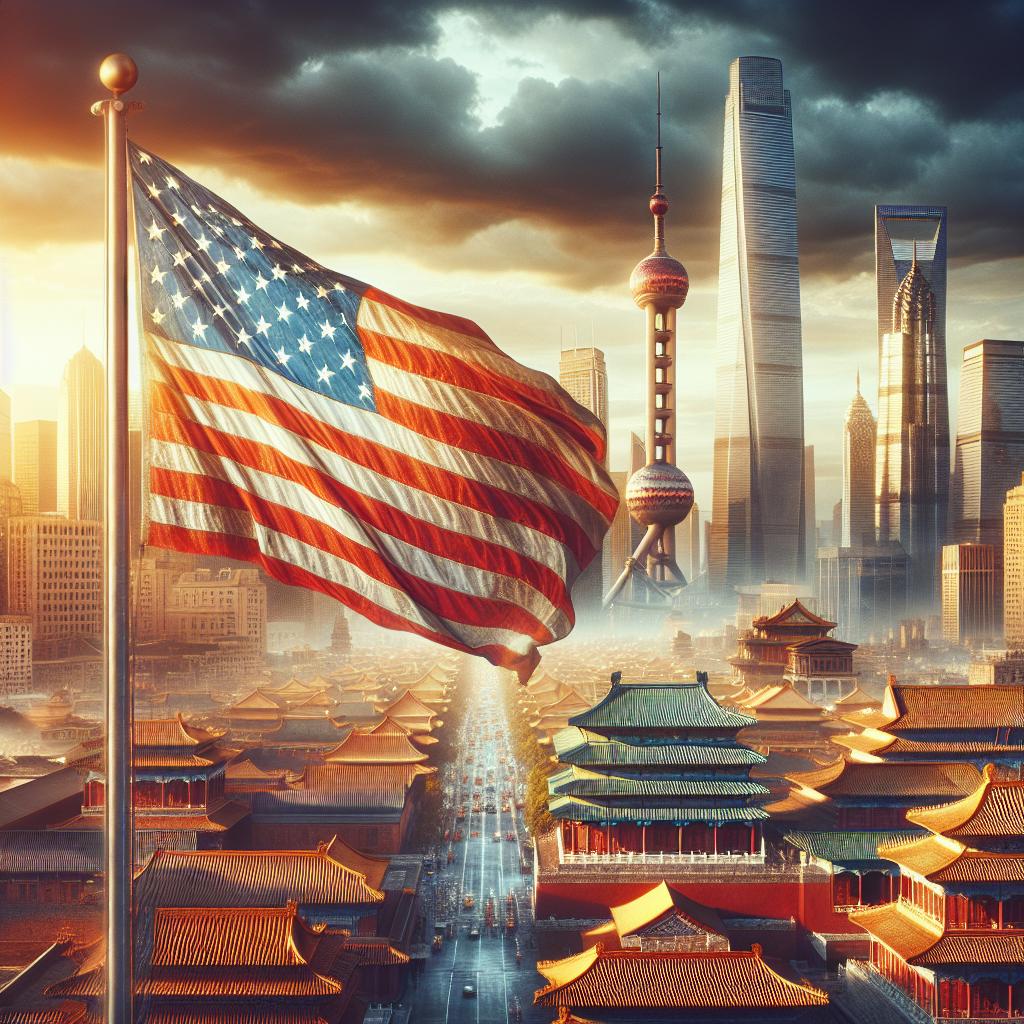Kamala Harris VP Pick Has a Rich History with China, But Will Beijing Be Pleased?
Presidential hopeful Kamala Harris recently announced her Vice Presidential pick; someone with an interesting history with China. However, it’s unclear whether this relationship will foster good news or concern in Beijing. Meeting the VP Candidate—Tim Walz, the 60-year-old Governor of Minnesota, clearly knows China from the inside out.
A Lengthy Connection with China
Walz moved to China to teach high school in 1989, immediately after graduating from college. Throughout the following decade, Walz regularly returned to China, leading groups of American students on summer cultural exchanges.
Spurning accusations from Republican opponents who label him as being “pro-China,” Walz has consistently vocalized criticism towards authoritarian Chinese leadership. His experience in China started during a politically volatile period, soon after the horrific Tiananmen Square massacre.
Reactions to Authoritarian Leadership in China
Reflecting on what he observed in China, Walz told his hometown newspaper, the Star-Herald, in 1990 that he felt the Chinese people had been long mistreated by their government. He held great respect for the Chinese people’s kindness, generosity, and capabilities, believing their potential to be limitless with appropriate leadership.
He carried that passion into his political career. During his time in Congress (2007 to 2019), he consistently advocated for imprisoned Chinese activists, met with loathed Beijing figures such as the Dalai Lama and Hong Kong democracy activist Joshua Wong.
Understanding of Chinese Culture
Although Walz has strong ties with China, his stance on China’s political system is entirely opposed. He offers a nuanced perspective on the United States’ largest strategic rival based on a deep appreciation for its people and culture. However, his criticism of their political system may make Beijing uncomfortable.
During his teaching stint in China, Walz was able to experience the Chinese people’s curiosity about the world following decades of isolation and tumultuous leadership under Mao Zedong. This period was marked by economic reforms and calls for political liberalization, which culminated into the student-led movement in 1989.
Depths of Influence
Moving beyond just politics, Walz’s personal and professional ties with China make him a rare figure in the presidential race. His history with China has undeniably informed his foreign policy stance.
However, with U.S.-China relations in a tense state, Walz’s history with China and stance on their political system might not necessarily improve bilateral ties. This, along with his position on human rights and ideological issues, may not sit well with Chinese nationalists.
However, Walz holds a more nuanced view on the geostrategic rivalry between the US and China. He does not agree with the idea of viewing China as an adversary, emphasizing the potential for collaboration between the two superpowers.
Walz’s understanding of China may be rooted in his experiences from the past, but his continued involvement in issues related to China showcases his ongoing interest and engagement with the country. His nuanced criticism and empathy for the Chinese people set him apart, making it harder for Beijing to label him as solely anti-China.








